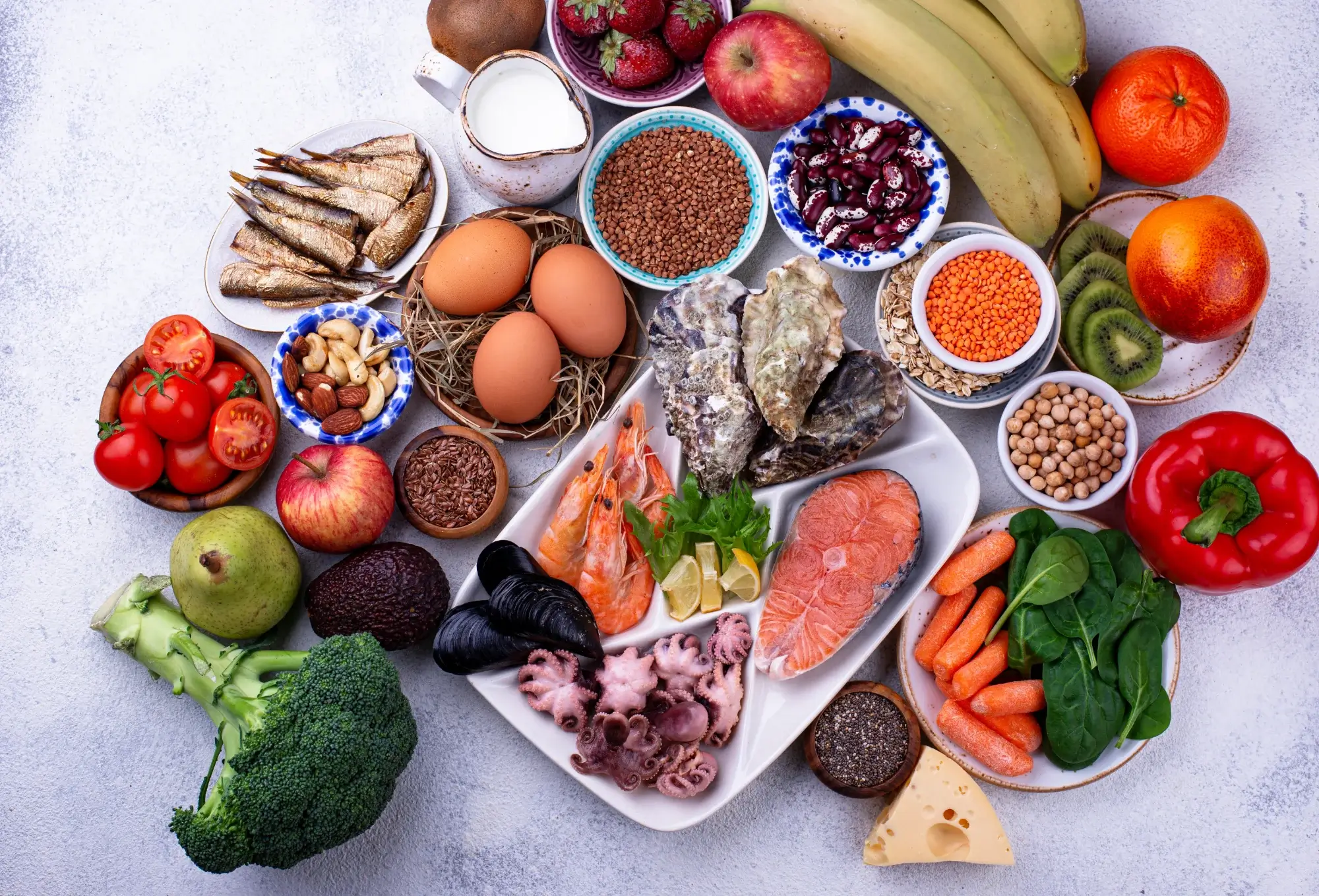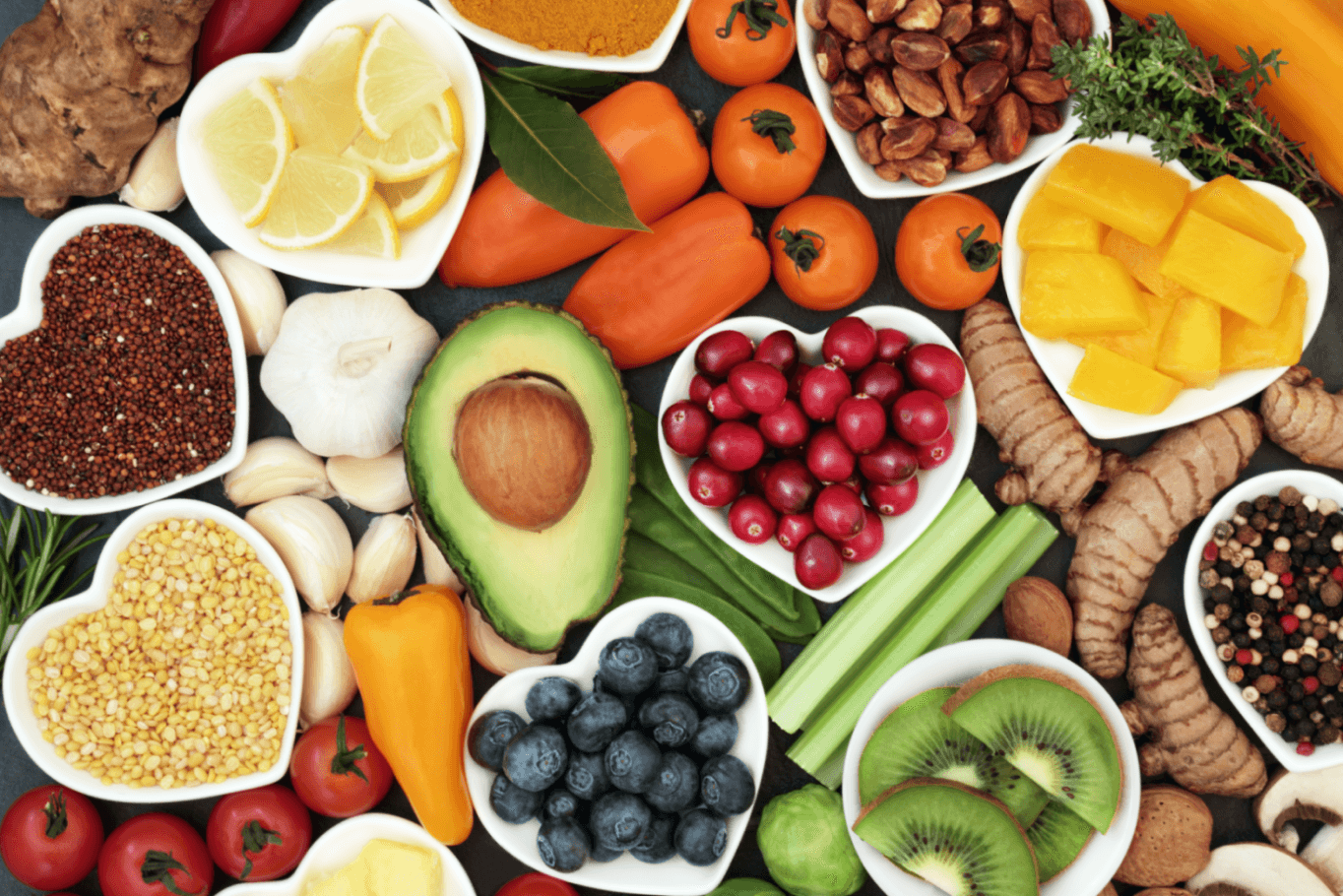Health and Food: How Nutrition Shapes Our Well-Being

The saying “you are what you eat” might sound cliché, but it reflects a powerful truth: food is the foundation of human health. The choices we make in our diet influence everything from energy levels to disease prevention, mental clarity, and even emotional well-being. In an age where processed foods and fast lifestyles dominate, understanding the connection between health and food has never been more important.
This article explores how nutrition impacts health, the role of different food groups, the dangers of poor dietary habits, and the ways individuals can build sustainable eating patterns for lifelong wellness.
Food as the Body’s Fuel
At its most basic level, food is fuel. The body converts calories into energy for movement, cellular repair, and organ function. But not all calories are created equal. A 500-calorie meal of grilled salmon, quinoa, and vegetables nourishes the body far differently than 500 calories of soda and chips.
The quality of food determines how efficiently the body operates. Whole, nutrient-dense foods provide a steady supply of energy, while highly processed foods often lead to spikes and crashes, leaving people fatigued and craving more sugar.
Macronutrients: Building Blocks of Health
Every healthy diet requires the right balance of macronutrients: carbohydrates, proteins, and fats.
-
Carbohydrates are the body’s primary energy source. Complex carbs from whole grains, fruits, and vegetables provide fiber and steady energy release, unlike refined carbs that cause blood sugar spikes.
-
Proteins are essential for muscle repair, immune function, and hormone production. Sources like lean meats, legumes, eggs, and nuts provide amino acids crucial for body maintenance.
-
Fats often get a bad reputation, but healthy fats from avocados, olive oil, and fish support brain health, hormone balance, and vitamin absorption. The key lies in limiting trans fats and excess saturated fats.
Balancing these macronutrients ensures the body receives sustained energy, growth support, and protection against disease.

Micronutrients: The Unsung Heroes
Vitamins and minerals, though required in small amounts, are vital for health. For example:
-
Calcium and vitamin D strengthen bones and prevent osteoporosis.
-
Iron supports oxygen transport in the blood, reducing fatigue.
-
Magnesium aids muscle function and sleep quality.
-
Vitamin C boosts immune health and skin repair.
Deficiencies in micronutrients can cause serious health problems, yet they are easily preventable through a diet rich in fruits, vegetables, nuts, and whole grains.
The Role of Gut Health
In recent years, research has highlighted the gut microbiome—the trillions of bacteria living in the digestive system—as a critical factor in health. A diverse, balanced microbiome supports digestion, boosts immunity, and even influences mood.
Foods that promote gut health include:
-
Probiotics: yogurt, kefir, sauerkraut, kimchi.
-
Prebiotics: garlic, onions, bananas, and oats that feed beneficial bacteria.
-
High-fiber foods: whole grains, legumes, and vegetables that regulate digestion.
An unhealthy gut microbiome, often linked to diets high in sugar and processed foods, can contribute to inflammation, obesity, and chronic disease.
Food and Disease Prevention
Nutrition is one of the most powerful tools in preventing chronic illnesses. Poor dietary habits are strongly linked to conditions such as type 2 diabetes, heart disease, and certain cancers. Conversely, healthy eating habits reduce risks significantly.
-
Heart health: Diets rich in fruits, vegetables, whole grains, and healthy fats (like the Mediterranean diet) lower cholesterol and blood pressure.
-
Diabetes prevention: Limiting refined sugars and focusing on fiber-rich carbs helps regulate blood glucose levels.
-
Cancer risk reduction: Antioxidants in colorful fruits and vegetables protect cells from damage that could lead to cancer.
Food is not just nourishment—it is preventive medicine.
The Hidden Dangers of Processed Foods
Modern food culture makes it easy to consume more sugar, salt, and unhealthy fats than ever before. Processed foods often contain additives, preservatives, and artificial ingredients that offer little nutritional value.
Some of the biggest health risks include:
-
Excess sugar: Linked to obesity, diabetes, and tooth decay.
-
High sodium: A leading contributor to hypertension and cardiovascular problems.
-
Trans fats: Found in fried and packaged foods, they increase risk of heart disease.
While convenience foods have their place, relying on them as dietary staples can undermine long-term health.
Food and Mental Health
The connection between diet and mental well-being is often overlooked. Emerging research shows that poor eating habits can contribute to depression, anxiety, and cognitive decline, while balanced nutrition supports brain health.
-
Omega-3 fatty acids from fish improve mood and cognitive function.
-
B vitamins from leafy greens support the nervous system.
-
Complex carbohydrates regulate serotonin, the “feel-good” hormone.
Eating well not only strengthens the body but also enhances emotional stability and resilience.
Building Healthy Eating Habits
Healthy eating is not about strict diets or deprivation—it’s about creating sustainable patterns that fit individual lifestyles. Here are key strategies:
-
Prioritize whole foods: Choose unprocessed, natural ingredients whenever possible.
-
Balance the plate: Include a mix of lean protein, complex carbs, healthy fats, and colorful vegetables.
-
Practice portion control: Even healthy foods can lead to weight gain if consumed in excess.
-
Stay hydrated: Water is essential for digestion, energy, and overall function.
-
Plan ahead: Meal prepping helps avoid impulsive fast-food choices.
-
Listen to the body: Eat when hungry, stop when satisfied, and avoid emotional eating.
These small, consistent choices build lifelong health.
Global Perspectives on Food and Health
Cultures around the world offer unique approaches to healthy eating. The Mediterranean diet, rich in olive oil, fish, and vegetables, is associated with longevity. In Japan, meals often feature small portions, fish, rice, and fermented foods, supporting gut health and heart health. Indian cuisine incorporates anti-inflammatory spices like turmeric and ginger.
Exploring these diverse traditions reveals that healthy food is not about rigid rules but about balance, variety, and cultural wisdom.
The Future of Food and Health
As science and technology advance, the future of nutrition is evolving. Personalized diets based on genetic testing, plant-based alternatives, and lab-grown meats are gaining popularity. Sustainability is also becoming central, as climate change forces us to rethink how food production impacts both health and the planet.
Innovations like vertical farming, alternative proteins, and functional foods promise healthier and more eco-friendly diets. The challenge will be making these solutions accessible to everyone, not just privileged groups.

Conclusion
Health and food are inseparable. Every bite we take contributes to either vitality or disease. By prioritizing whole, nutrient-rich foods and mindful eating, we can fuel our bodies, protect our health, and improve our quality of life.
In a world of endless dietary trends and fads, the simplest truth remains: balance, moderation, and variety are the pillars of good nutrition. Food is not just about survival—it is about thriving, both physically and mentally. Investing in what we eat is, ultimately, investing in ourselves.






